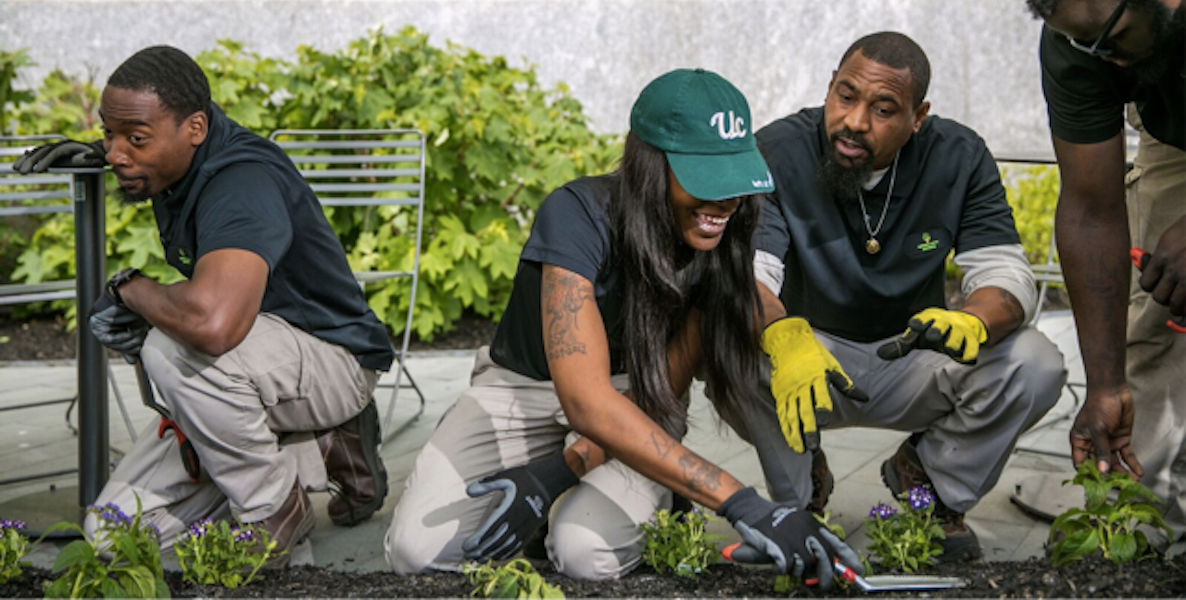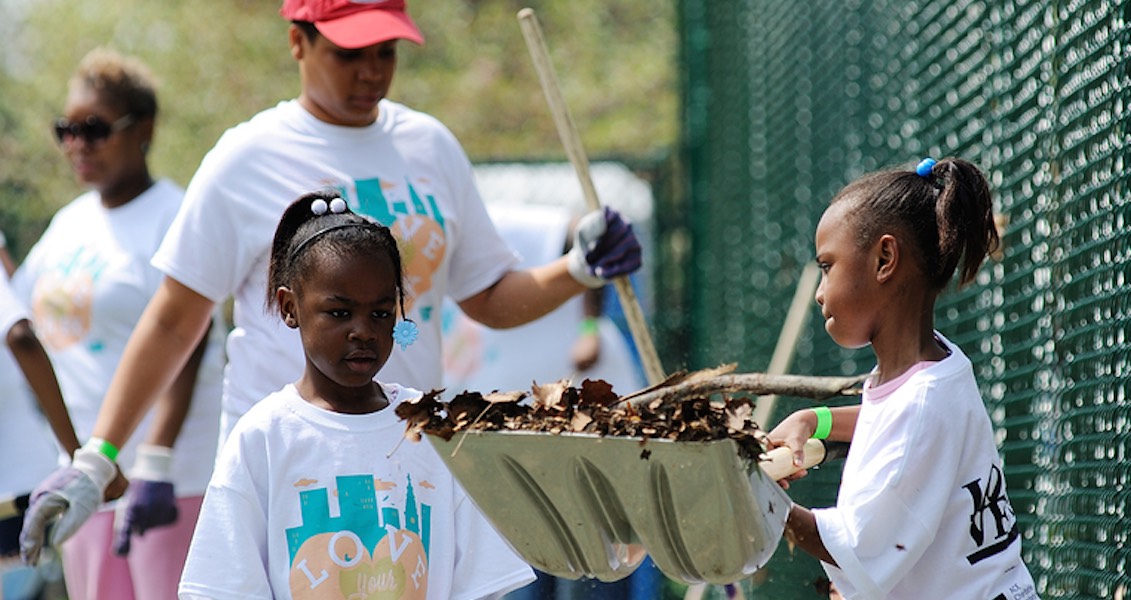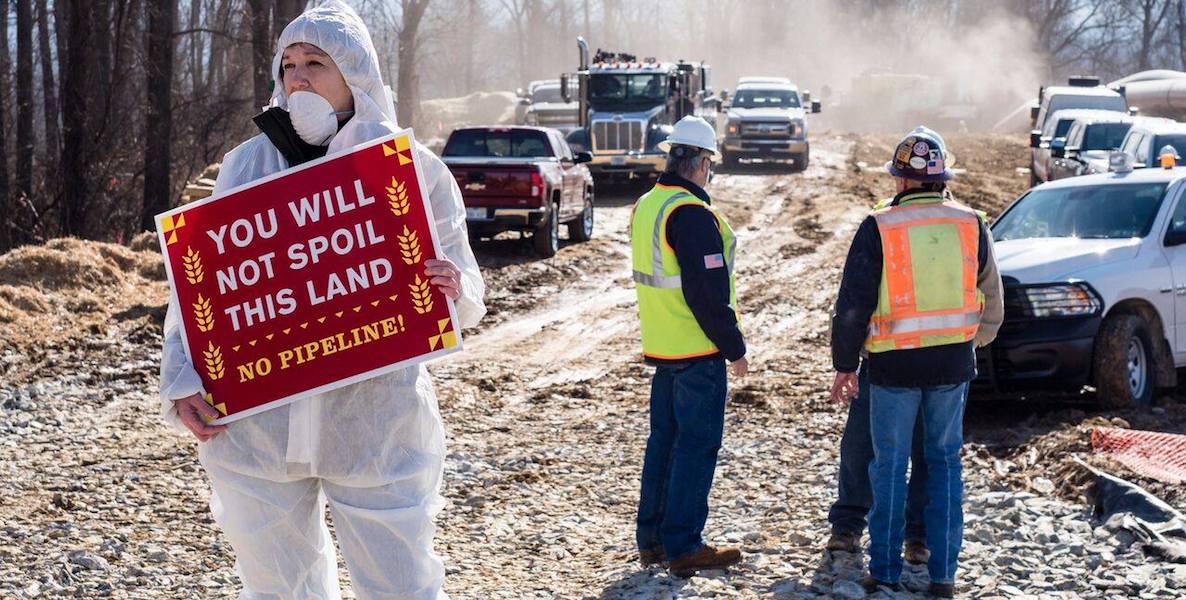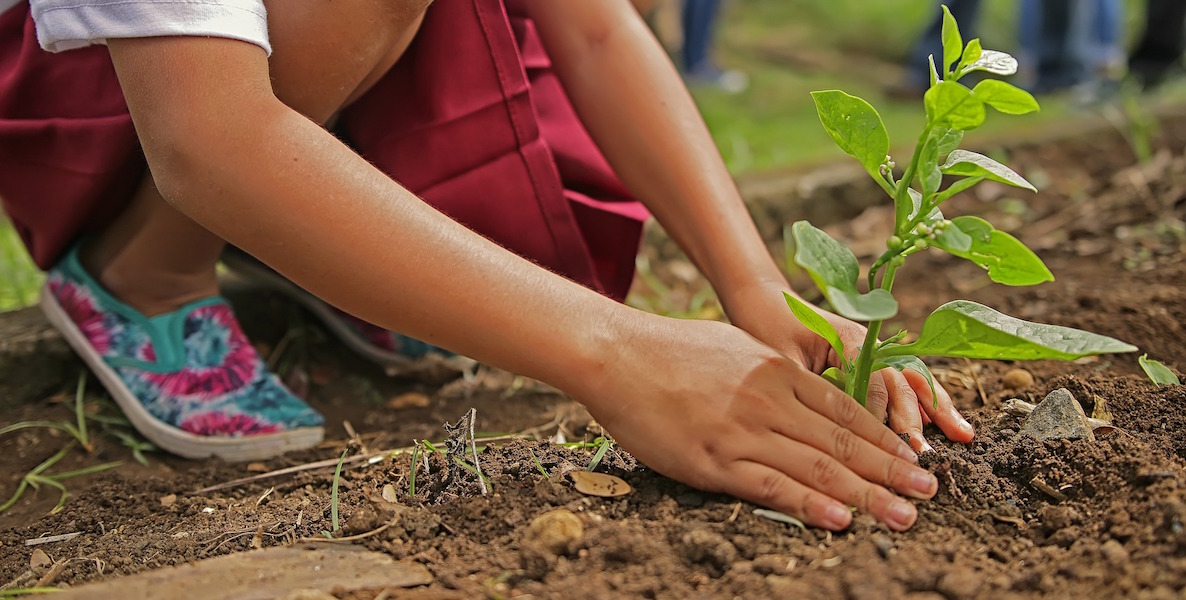“In nature, nothing exists alone.”
-Environmentalist Rachel Carson, author of Silent Spring
Hello? Philadelphia? Or should I say Filthadelphia? We have some apologizing to do. We have made a royal mess of the Earth, and I’m not just talking about the polar ice caps (which, oh dear…). I’m talking about a regular old everyday mess: Trash. Air pollution. Chemicals. Concrete blocks from here to the other end of town. Cigarette butts. Trash.
It’s time to make amends. We all want to live in a city where we can raise healthy children who breathe good air and eat good food, where visitors come back and even stay, where we walk the streets and see trees, not Wendy’s cups, where we can shed the ugly Filthadelphia moniker the way the Eagles shed “underdog.”
Earth Day—first started by Rachel Carson—is great. But it’s just one day. We need to help the city thrive every day—to join with the nature around us, not fight it. You know this already.
So what can you do? Glad you asked. You can start small by watching where you put your trash (i.e. in the bin). Here are some other ideas:
Plant trees. We’ve said it before, and we’ll say it again: We need more trees. Trees are good for our city air, our non-air conditioned houses, our cityscapes—and (in case that’s not enough) our property values. Get a free street tree planted from the city, pick up a free yard tree from TreePhilly, at various locations through May, or help plant trees with the Tree Tenders this spring.
Support forests. Volunteer with the Philadelphia Orchard Project, which turns vacant lots into urban forests—59 so far. POP runs on volunteer power—i.e., you. See here for a schedule of their events—including the popular East Park Strawberry Harvest Festival, now in its 10th year, on June 2nd. Or, help launch the Fair Amount Food Forest, an effort to plant fruit trees and vegetables accessible to any Philadelphian.
Hold a neighborhood cleanup. 1 Read Keep Philadelphia Beautiful’s detailed guide for hosting a clean up day on your block. 2 Request free supplies from City Hall. 3 Get your neighbors to help pick it up.
Ride a bike. Sign up for Philly’s Bike Share.
Even better: Walk. The benefits of walking are myriad—no pollution, no parking hassles, no clutter, no chance of a flat tire. And it’s a sure way to keep fit and make for a safer city, with more people on the sidewalks.
Look up. See those beautiful old stone buildings? Those murals? Those spontaneous moments of art—like the wrapped trash cans on Broad Street, the painted electrical boxes in Society Hill, ishknit’s radical yarn bombs? They are part of your environment, too. Appreciate them, preserve them, keep them coming. (Need some help finding them? StreetsDept blog has you covered.)
Shop local. Buy summer produce at a local farmers market, or join one of the city’s many CSAs, summer or winter. Find local companies that have signed on to an environmentally-conscious business model at the Sustainable Business Network.
Assess your energy use. For $25 (or free if you qualify), PECO will send a team of inspectors to go over your home, inch by inch, to look for leaking air, poor insulation, and other things that can make rowhomes energy-inefficient. They’ll send a report on how to seal everything up, and even leave you with energy-saving light bulbs for your lamps.
Speak up. Think we need more bike lanes? The Bicycle Coalition could use you. Better and more public transit? Tell SEPTA. Street cleaning? That’s on City Hall. Contact your City Councilperson for issues in your neighborhood, and 311 for downed trees, illegal dumping, or other concerns.
Collect your water. Sign up for RainCheck, at the Philadelphia Water Department, to learn the different ways you can divert stormwater from your house before it hits the sewers. PWD will even install a free rain barrel in your yard just for attending a one-hour workshop.
Know what to recycle. Print out this page, put it on your fridge, follow along.
Love Your Park. Throughout the week of May 12-20 join over 5,000 volunteers as they spruce up public green spaces across the city. Click here to register for an event as an individual or group. Beyond that, there are a number of ways you can get involved. Start by visiting the Parks & Recreation website regularly to see what new events are going on, or join a Park Friends group to advocate for park improvements, help with beautification days, and organize educational programming.
See something, say something. We say this about terrorism, but maybe it should apply to everyday examples of eco-terrorism—like when someone tosses a coffee cup out of their car. Shame them by politely pointing out to them that littering isn’t cool.
Start or join a community garden. Philadelphia is full of community gardens, urban green spaces, and plenty of opportunities to get involved. Become a garden tender through the Philadelphia Horticultural Society, request a garden plot, check out these garden learning tools, and apply to be a city harvest grower.
Go solar with Solarize Philly. Launched in 2017 by the Philadelphia Energy Authority, Solarize Philly became the first ever citywide solar program which, among other things, includes discounts and rebates on solar panel installation from one of a couple local installers. The best part: You can save the earth and save money (in the long run). Go to one of Solarize’s neighborhood events to learn more.
Put your trash in a bin. And tell your kids to do the same. It’s actually so easy.
Speaking of kids: Listen to them. Our schools are good at teaching children about how to recycle and conserve energy. Set them loose on the house and let them teach you. After all, it’s their earth we’re trying to save.
Pick up your neighbors’ trash. Litter on the street? Not In Philly—or so is the plan from the grassroots group with a simple model: You sign up to keep your block clean by going out once a week to bag up trash, and the organization will send you a grabber—and say thank you—in exchange. Do your block a favor here.
Vote. Because you can do a lot, but we need our politicians to step up as well to ensure policies that keep our air, water and ground as clean as possible.
Photo via Pixabay






